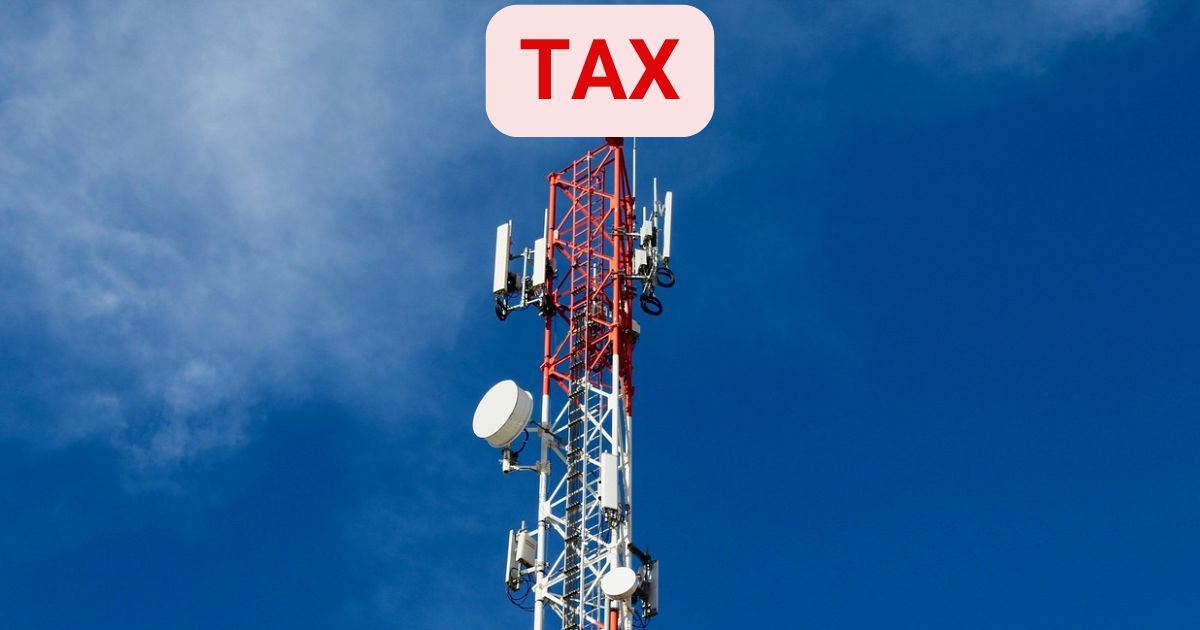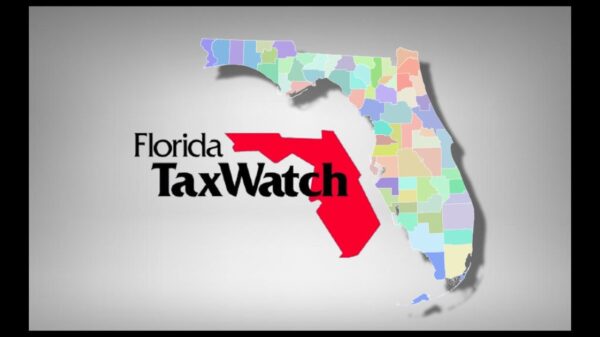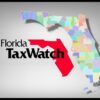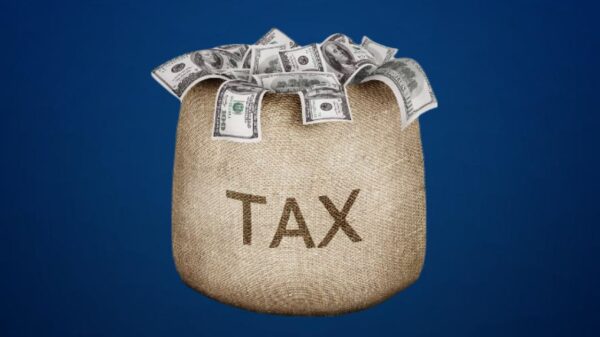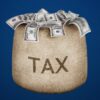Florida TaxWatch is recommending a sales tax increase moratorium on what is known as the local (CST) Communications Services Tax.
The CST tax is levied on the sales of communications services including telephone (landline, mobile and voice over internet), cable television and other video services, and direct-to-home satellite television.
TaxWatch’s latest report shows there are 481 jurisdictions levying the CST in Florida, making it difficult to determine a true “average” local rate. Due to the many differences in how states tax various communications services, it is difficult to compare tax rates.
“Florida’s high Communications Services Tax raises questions about regressivity, fairness, economic neutrality, its effect on the competitiveness of Florida businesses, and the attractiveness of Florida’s economic climate,’ said Florida TaxWatch President and CEO Dominic M. Calabro.
The Tax Foundation, a national conservative group, covers wireless phone services across the U.S. According to the Tax Foundation, Florida’s average state and local wireless tax rate is at 15.1 percent, which is the 15th highest tax rate in the nation.
Some of the proposals to deal with this high tax include:
Sales Tax Exemption for Broadband Equipment
Exempting broadband equipment from the sales tax can help deploy high-speed internet service to areas that currently do not have it and also help with the development of rural communities.
These are two priorities of the Legislature. Modern and efficient communications systems, especially broadband internet service, are essential for economic growth and competitiveness.
1. Extend the moratorium on increasing local communications services taxes by five years, to January 1, 2031.
2. Provide a sales tax exemption for communications and internet equipment that is used in an area unserved by high-speed internet or that was damaged by a natural disaster.
Kurt Wenner, the senior V.P. of Research at TaxWatch, says their report shows the impact of the high CST on broadband infrastructure investment and consumer expenses and how Florida’s current CST ranks among the highest in the nation and explores its effects on both businesses and low-income households, who are particularly vulnerable to the disproportionate burden of such taxes on essential wireless services.

